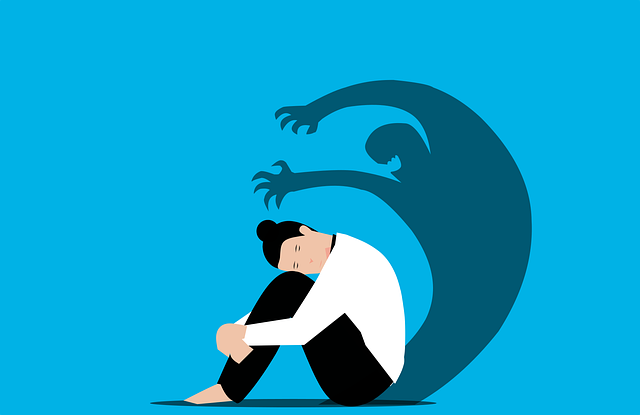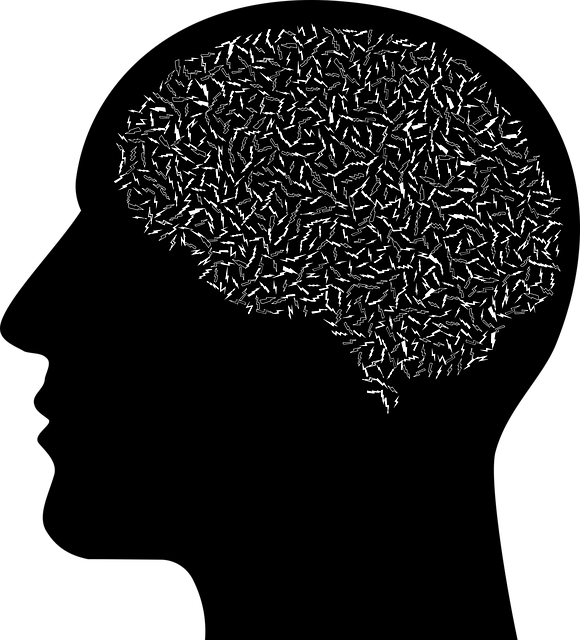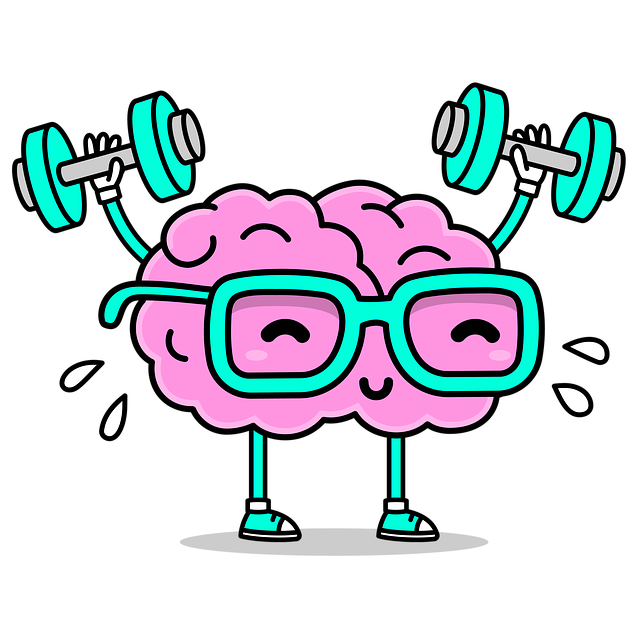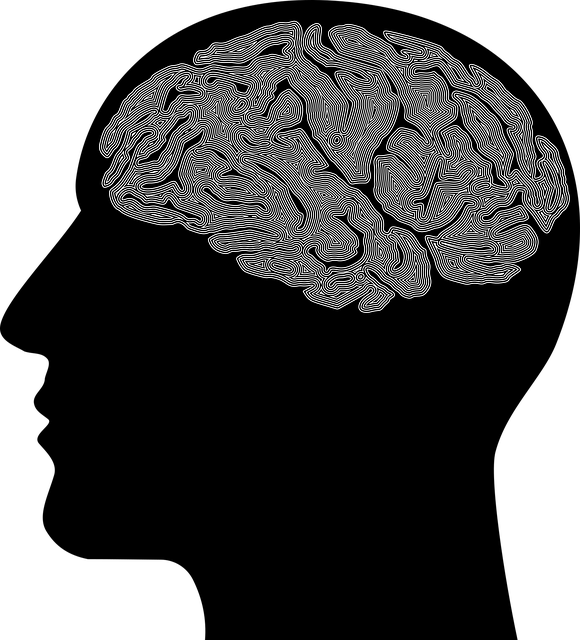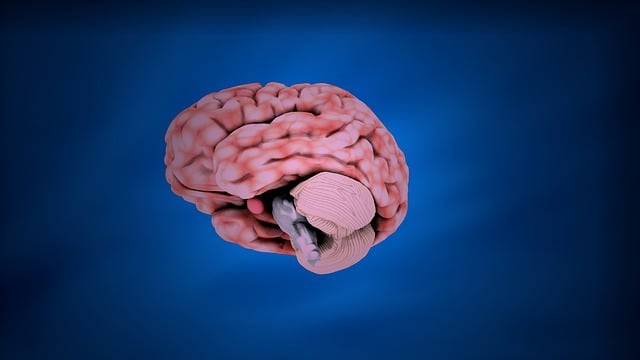Emotion regulation techniques through therapeutic approaches like mindfulness meditation and assertiveness training are vital for managing adult anxiety. Consistent practice of these skills, combined with journaling and regular exercise, fosters self-awareness, builds resilience, and reduces reliance on unhealthy coping mechanisms. This long-term commitment to mental wellness strategies is key to improving outcomes for individuals struggling with Therapy for Adults Anxiety.
Emotion regulation techniques are essential tools in managing adult anxiety, offering a powerful approach to mitigating stress and fostering mental well-being. This article delves into the significance of these techniques, exploring how they can be effectively taught and integrated into daily life. We discuss evidence-based strategies that not only alleviate short-term symptoms but also promote long-term healthy coping mechanisms, providing a comprehensive guide for those seeking therapy for adults anxiety.
- Understanding Emotion Regulation and its Impact on Adult Anxiety
- Effective Techniques for Teaching Emotional Control
- Implementing and Maintaining Healthy Coping Strategies Long-Term
Understanding Emotion Regulation and its Impact on Adult Anxiety

Emotion regulation techniques play a pivotal role in managing and reducing adult anxiety. Anxiety disorders are among the most prevalent mental health challenges worldwide, affecting millions of individuals. Understanding and learning to regulate emotions can significantly impact the lives of those struggling with anxiety. By developing skills to recognize and manage emotional responses, adults can enhance their resilience and overall well-being.
Therapy for Adults Anxiety often incorporates various techniques tailored to individual needs. Self-awareness exercises help clients identify triggers and patterns associated with anxious thoughts and feelings. Building resilience is another crucial aspect, enabling individuals to cope more effectively in stressful situations. Additionally, trauma support services are beneficial for those with complex anxiety rooted in past traumatic experiences. Through these therapeutic approaches, adults can gain a deeper understanding of their emotions, fostering better self-regulation and improved mental health outcomes.
Effective Techniques for Teaching Emotional Control

Teaching emotional control is a vital aspect of mental wellness, especially for adults dealing with anxiety issues. One effective technique is mindfulness meditation, which encourages individuals to focus on the present moment, thereby reducing reactive emotions. This simple yet powerful practice can be integrated into daily routines, enabling better self-care and improved mental health. By fostering awareness, individuals learn to observe their feelings without immediately reacting, thus gaining a sense of control over their emotional responses.
Additionally, communication strategies play a significant role in emotion regulation. Encouraging open dialogue and teaching assertiveness skills allow adults to express their emotions healthily and manage anxiety-inducing situations more effectively. Combining mindfulness with clear communication creates a robust foundation for managing and reducing anxiety, promoting overall mental wellness through consistent practice.
Implementing and Maintaining Healthy Coping Strategies Long-Term

Implementing and maintaining healthy coping strategies long-term is a vital component of therapy for adults with anxiety. Beyond initial learning and practice in therapy sessions, integrating effective emotional regulation techniques into daily life requires commitment and consistent effort. Mental wellness journaling, for instance, can serve as a powerful tool to track moods, identify triggers, and gain insights into one’s emotional patterns. By regularly documenting experiences and emotions, individuals cultivate self-awareness, enabling them to proactively manage anxiety symptoms.
Moreover, regular exercise guidance tailored to individual preferences and fitness levels offers another sustainable strategy. Physical activity not only promotes overall mental wellness but also provides a healthy outlet for processing and releasing intense emotions. Over time, as inner strength development becomes more ingrained, individuals become better equipped to navigate life’s challenges with resilience and grace, reducing reliance on unhealthy coping mechanisms previously associated with anxiety.
Emotion regulation techniques offer a powerful tool in the therapy for adults anxiety, enabling individuals to navigate life’s challenges with greater resilience. By understanding the impact of emotions on mental health and employing effective teaching methods, professionals can help clients develop healthy coping strategies. With consistent practice and long-term commitment, these skills become integral parts of one’s daily life, fostering improved emotional well-being and enhanced overall quality of life.

